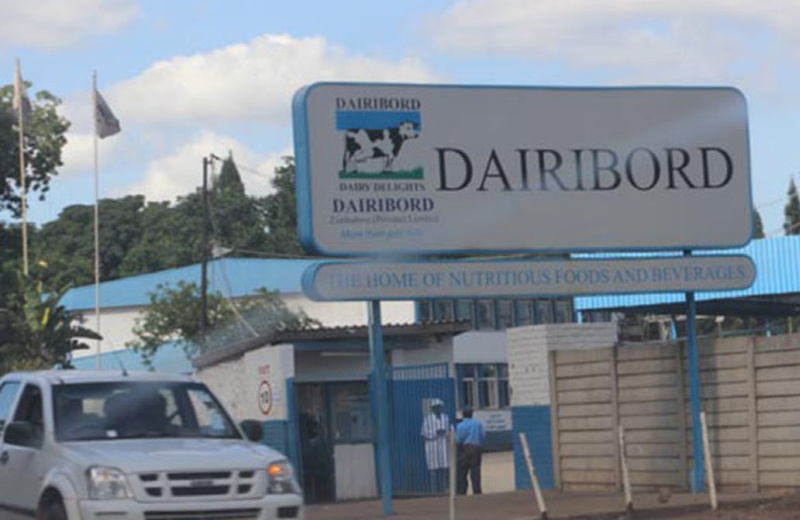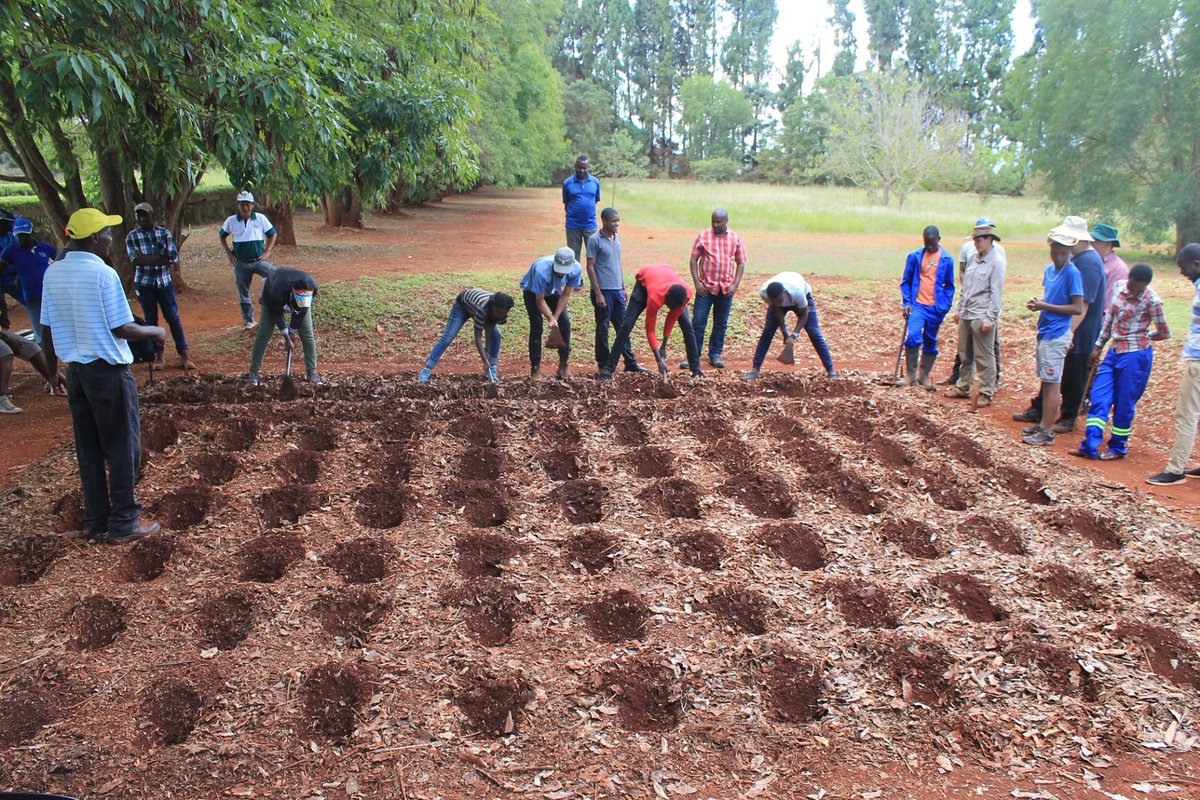Bubi farmers mechanise pot-holing
FARMERS in Bubi District, Matabeleland North have adopted a mechanised Pfumvudza/Intwasa system where they are using a hole-digging machine as part of their efforts to boost productivity with minimum labour.
Government adopted the Pfumvudza/Intwasa conservation farming method in response to climate change which has resulted in low rainfall patterns, natural disasters and recurrent droughts.
Under the Pfumvudza/Intwasa programme farmers are expected to dig holes as a prerequisite for them to receive inputs from Government.
This year, the programme will support five Pfumvudza/Intwasa plots per household with an agro-ecological region-specific crop input package for maize, sorghum, pearl millet, soya beans, sunflower, groundnuts, vegetables and African peas.
The Government Climate–Proofed Presidential Input Programme is targeting 3,5 million farmers from Communal, A1, Small-Scale Commercial Farming, Old Resettlement and the transient urban cultivation sectors for cereals, oilseeds and legumes, and has started distributing farming inputs ahead of the 2023/23 farming season.
The household climate-proofing programme has seen small-holder farmers improving yields despite erratic rains.
With southern Africa, including Zimbabwe, projecting El Nino, the country is expecting below-normal to normal weather patterns and farmers have been encouraged to adopt conservation farming to maximise output.
Intwasa/Pfumvudza is labour intensive and farmers from the Nkenyane area in Bubi District, working with the Agricultural Rural Development and Advisory Services (formerly Agritex) officers, have since procured a machine for holing. Ardas officers, working with the community, yesterday showed the news crew how the machine operates.
The machine is powered using a petrol engine and has a blade used for digging the holes.
Mrs Sikhululekile Lunga digs holes in her plot in Bubi District while being supervised by Agricultural Rural Development and Advisory Services officers Ms Sikhathalelwe Ndlovu and Mr Victor Moyo yesterday
Bubi District Ardas officer, Mr Victor Moyo said they procured the machine after seeing it being marketed in WhatsApp groups
“We saw this machine in WhatsApp groups, but it was something that was coming from foreign countries. So, we had an idea as Agritex officers that our farmers are involved in Intwasa/Pfumvudza and we came up with an idea of procuring it to improve their productivity,” he said.
“We engaged a local company that managed to supply the machine and we then organised the farmers into clusters.”
Mr Moyo said the machine has proved to be more efficient compared to the manual digging of Intwasa plots.
“It is efficient, easy to use and takes less time. With this machine, I think it will take you about 30 seconds to dig a hard surface, unlike when you are doing it manually.
“When the ground is soft, it will take between 10 and 15 seconds to do the Intwasa plots, and farmers have embraced this technology,” he said.
“We also observed that most of the mechanisation programmes were not gender sensitive. Most female farmers are struggling to use this agriculture mechanised equipment, but with this machine, it is user-friendly such that even women can operate it.”
A local Ardas officer, Ms Sikhathalelwe Ndlovu who operates at Glenup village where the machine is being utilised, said the equipment comes in handy, particularly for the elderly.
“The youth are mostly into gold panning, so we come and teach the elderly about conservative farming and it was quite a challenge for them to implement the concept. They would partake in summer field school, but encountered challenges when it came to the practical digging of holes,” she said.
“I also appreciate the way the community has embraced the mechanised digging of Pfumvudza/Intwasa holes. Just in this village, I know I have five farmer field schools and through the use of this machine we are seeing improvement in the implementation of the Pfumvudza/Intwasa programme.”
Mrs Sikhulekile Lunga, a local farmer said the machine is efficient and will improve their productivity.
“I’m one of the farmers who have been taught how to use this machine. It is very efficient and it makes it easier to dig the Intwasa/Pfumvudza holes. I’m taking less time in digging the holes,” she said.
“We work in groups and as we use the machine we have to do the costing, especially on fuel and if we are in a group of 10 we contribute.”
Pfumvudza/Intwasa supports nearly three million households countrywide.
The successful implementation of agricultural transformation programmes has enabled Zimbabwe to increase its food production and as such the country has stopped importing maize and wheat. — chronicle










